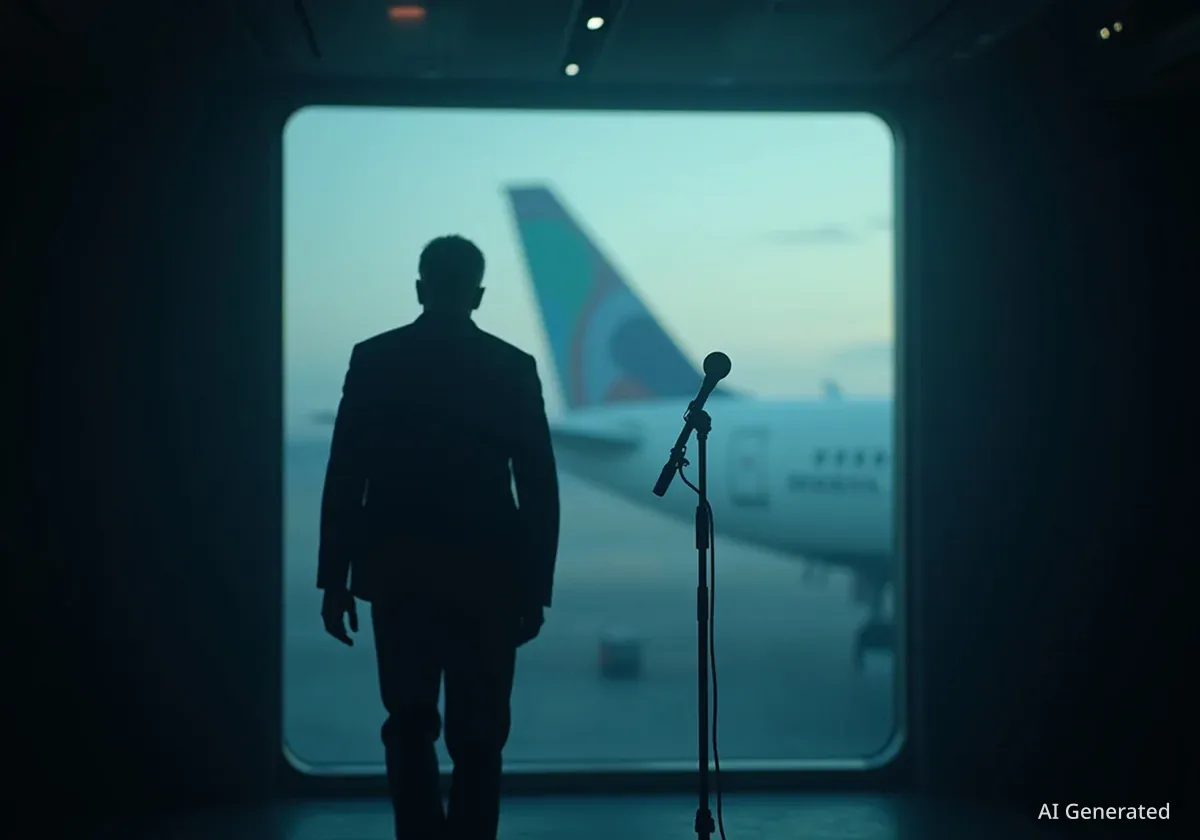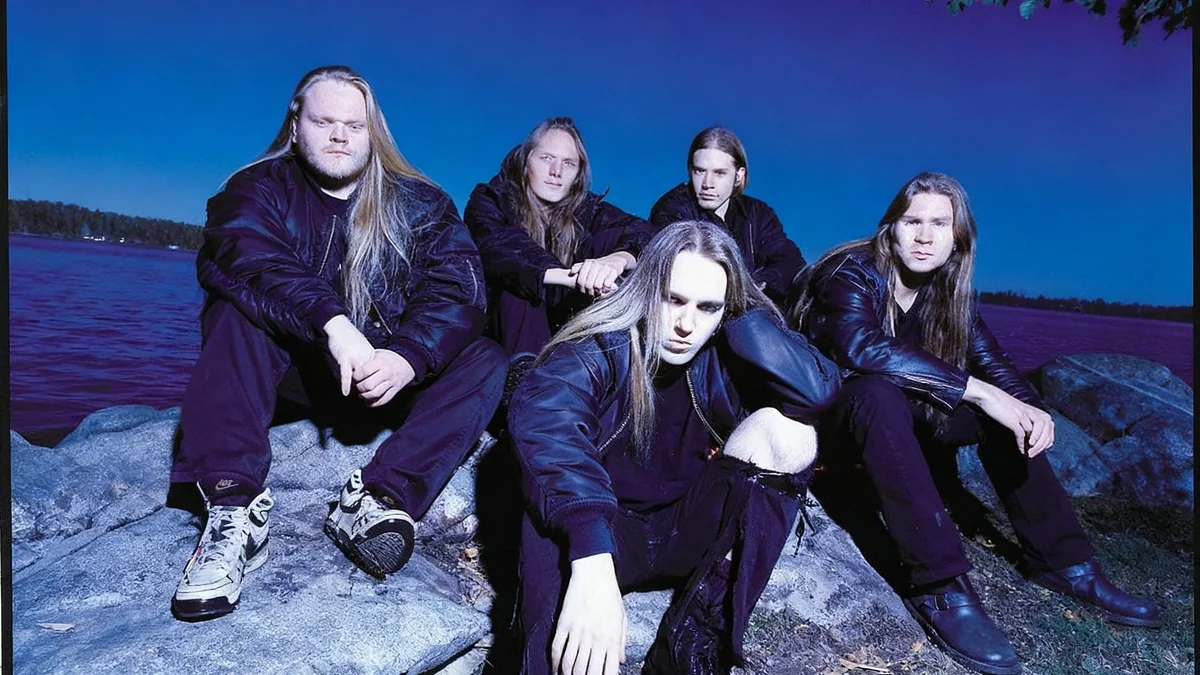Paul McCartney's 1980 arrest in Japan for marijuana possession and John Lennon's murder later that year significantly impacted the future of his band, Wings. These events led McCartney to shift away from large-scale touring for nearly a decade, according to former Wings guitarist Laurence Juber. Juber, who played with Wings from 1978 to 1981, offers a firsthand account of the band's final years and the factors that reshaped McCartney's career trajectory.
Key Takeaways
- Paul McCartney's Japan arrest in January 1980 directly halted a planned Wings tour.
- John Lennon's murder in December 1980 solidified McCartney's decision against touring.
- Wings guitarist Laurence Juber witnessed these events firsthand.
- The band had a number one single, "Coming Up," in 1980, but touring plans were scrapped.
- McCartney focused on studio work and family life after these incidents.
Wings' Final Years and Juber's Involvement
Laurence Juber joined Wings in 1978. Before this, he was a well-known session guitarist in London. His career path changed when he received an invitation to jam with Denny Laine, Wings' guitarist and bassist. Paul and Linda McCartney joined the session, leading to an offer for Juber to join the band.
"It was in that nanosecond that everything flashes in front of you," Juber recalled. He described the moment as a significant fork in his career. He had spent his youth becoming a studio musician. The offer from Paul McCartney was a major turning point.
Quick Fact
Laurence Juber contributed guitar parts to the 1979 Wings album, Back to the Egg. His solo on the track "Spin It On" is particularly notable for its punk-rockabilly style.Juber toured with Wings on their 19-date UK tour in 1979. More extensive touring, including a planned trip to the United States, was scheduled for 1980. However, these plans were disrupted by unexpected events.
The Japan Arrest: A Tour Halted
On January 16, 1980, Paul McCartney was arrested in Japan. This occurred at Narita Airport as Wings was set to begin a tour. Customs officials found marijuana in McCartney's luggage.
Juber was with McCartney at the time. "I was standing next to him," Juber stated. He described the scene at customs, where an officer found a bag of weed in McCartney's suitcase. This incident led to McCartney's arrest and imprisonment for 10 days.
"I think the Japanese bust was a significant factor. Once John was killed, the idea of touring was off the table."
The band members, including Juber, remained hopeful that the tour could continue. They had observed similar situations with reggae bands touring Japan, where arrests sometimes resulted in the confiscation of drugs, but tours proceeded. This was not the case for McCartney.
The arrest immediately canceled the Japan tour. This event had a profound effect on the band's immediate plans and McCartney's future touring decisions.
Lennon's Murder and Its Impact on Touring
After his release from jail, McCartney returned to England. He continued working in the studio, mixing recordings from Wings' last Glasgow concert. Juber noted that McCartney's work ethic was not affected by the experience.
Later in 1980, John Lennon was murdered in December. This tragic event further influenced McCartney's approach to touring and public life. Juber believes both the Japan arrest and Lennon's death had a combined impact.
Background
Wings had a number one single, "Coming Up," in July 1980. If the Japan tour had not been canceled, the band could have toured the United States with a chart-topping hit.The desire to tour extensively diminished after Lennon's death. "Once John was killed I think the idea of touring really was off the table for almost a decade," Juber explained. This marked a significant change for McCartney, who had been an active touring musician for years.
Factors Leading to Wings' End
Several factors contributed to the eventual end of Wings. The Japan arrest and Lennon's murder were major catalysts. However, other personal and professional considerations also played a role.
- Family Life: Paul and Linda McCartney had moved out of London to Peasmarch. Linda had four children to manage. The demands of extensive touring became less appealing for the family.
- Linda's Weariness: Juber observed that Linda McCartney seemed to be growing tired of the rigorous touring schedule after the band's "big world tour."
- Record Deal Changes: Paul McCartney secured a new deal with Columbia Records. This new arrangement might have offered different creative and business opportunities, reducing the need for continuous touring with Wings.
These combined circumstances led to Wings running its course. While the Japan incident did not immediately end the band, it was a significant factor. Lennon's death solidified McCartney's decision to step back from live performances for an extended period.
Juber's Post-Wings Career
After Wings, Laurence Juber pursued a career in composing and production. He also focused on developing his unique fingerstyle acoustic guitar technique, which became his specialty.
"I was exploring, really – exploring what I’d learned from that intense period of working with Wings," Juber said. He worked on various projects, including music for animated commercials. This period allowed him to refine his skills and define his musical niche.
Recently, Juber scored a documentary about Peter Asher titled Everywhere Man: The Lives and Times of Peter Asher. The film has received positive reviews at festivals. Juber played various instruments for the score, including electric guitar with reverb and delay, acoustic guitar with a string quartet, and DADGAD tuning with Lee Sklar on bass.
Working with Peter Asher, a legendary record producer, was a positive experience for Juber. Asher approved of the score and provided suggestions. Juber hopes to continue working on film scores, noting that modern technology makes the process much simpler than in previous decades.




